Don’t get us wrong, the title is voluntarily provocatory but the meaning is exactly the one you’re reading.
But we have to explain it.
At the end of the explanation, I will end up with a question specifically headed to whom today handles lean processes or world class manufacturing ones. I’ll ask them to play the futurists…
Let’s go with order and start with the explanation of the title.
Whenever something evolves it can happen by following two ways: the method evolves (how) or the tool evolves (what).
What evolves more frequently is the tool. What brings added value is definitely the evolution of the method.
If Henry Ford would have invented a faster horse, he’d have improved a tool. Vice Versa Ford invented a method that led him to realize the such said mass production.
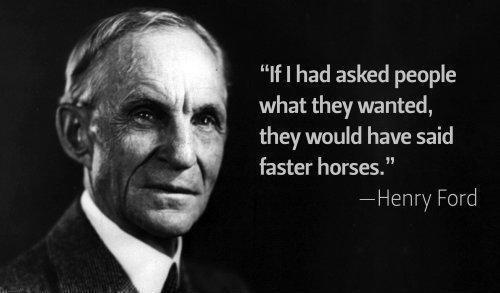
In the 70s we’ve assisted to a new method update: a new work system organized by following new principles, implemented by Toyota: the lean production. From this method, new ones were born, and each one focused in slightly different aspects: Six Sigma, TPM, until the “recent” World Class Manufacturing… and we’re in the 80s.
The fact that many methods have born in that period means that the people understood that investing into that is more important than investing in the tool itself. The reason may lie in the fact that at that time there were not the tools of today and the evolution was not going as fast as in the last 20 years.
And furthermore, it was certainly a very correct intuition.
All those who work in industry are fed on bread and lean production… and recently, some have also been introduced to World Class Manufacturing.
The older generation has seen production lines transformed by technological innovations… while leaving intact the principles that have always guided them to pursue continuous improvement in all aspects of their work, from productivity to quality of work and environmental sustainability.
A transformation basically due to the evolution of technological tools: and so, the traffic lights of Andon have become big screens, the information has increased, the KPIs have become richer, the paper tickets of Kanban have become digital, etc…
The fourth industrial revolution has represented a further boost that has enriched the technological park to enhance production efficiency.
Methodological and technological innovation always go hand in hand: one needs the other to express its full potential.
Today, the methodological principles, thanks to new technologies, have seen their effectiveness multiplied, and for this reason they have made more proselytes and convinced many skeptics: today being lean or world class is easier and certainly more advantageous than it was 10 years ago.
When we say that technology is “only” a tool, we mean that it is something that becomes truly effective where there is a method, an effective organization. And it is something to which it is not useful to become “attached” because it is in continuous evolution, killed and recreated by research & development.
Years ago, I was discussing the daring digital cameras with a photographer friend with whom I loved to spend several hours in the darkroom.
I very naively thought they were something “harmful” for a certain type of high-level Photography. He very quietly told me “The camera is “only” a tool. Making me realize that photography is something that is in the head. It is a cultural fact.
In the same way, the method, the organization are “cultural facts”, aspects of a corporate culture.
Evolving a corporate culture may be more difficult, but probably less expensive (maybe). But it doesn’t get you to gradual improvement. It takes you down the road.
The question I’d like to pose at the end of this article to lean or WCM managers is:
In the middle of Industry 4.0 and with Artificial Intelligence advancing by leaps and bounds, is it plausible to think about further innovative evolution of those methods as well?
The pandemic in which we are living has represented an acceleration of what before were only trends or processes in existence that were developing slowly: remote working (smart working), the strategic importance of the cloud, the spread of digitalization, can’t these be the pillars for a new revolution in organizational methodologies?
What was valid in the ’70s or ’80s, and what was good even up to 10 years ago, is not necessarily still good today.
In particular, the fast digital transaction and the necessary green one design together a new, totally different world in which we work and live.
Which one will be the next step?
If you’re interested in the themes that we’re covering, follow and text us on Linkedin: we’d like to know YOUR opinion
You may want to use something even quicker, in that case, follow us on Telegram!
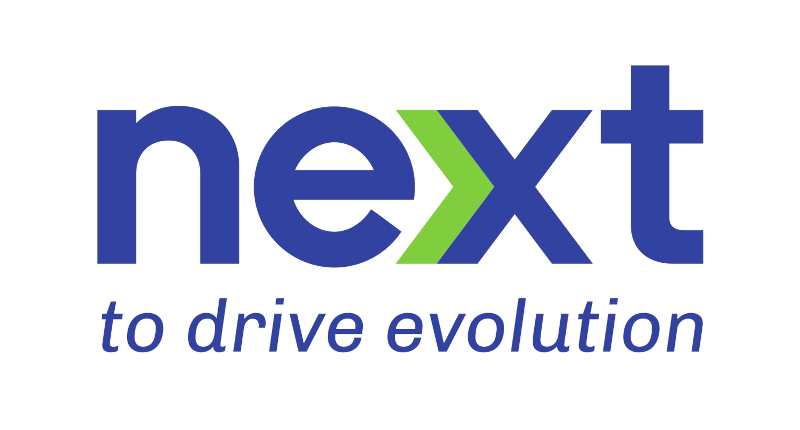
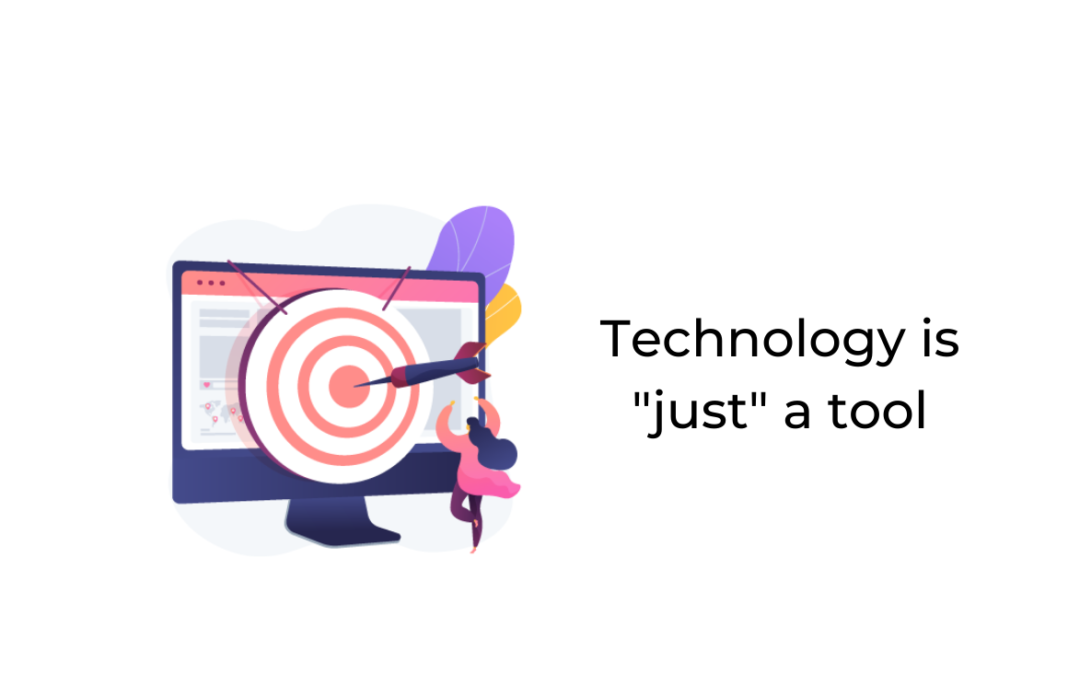

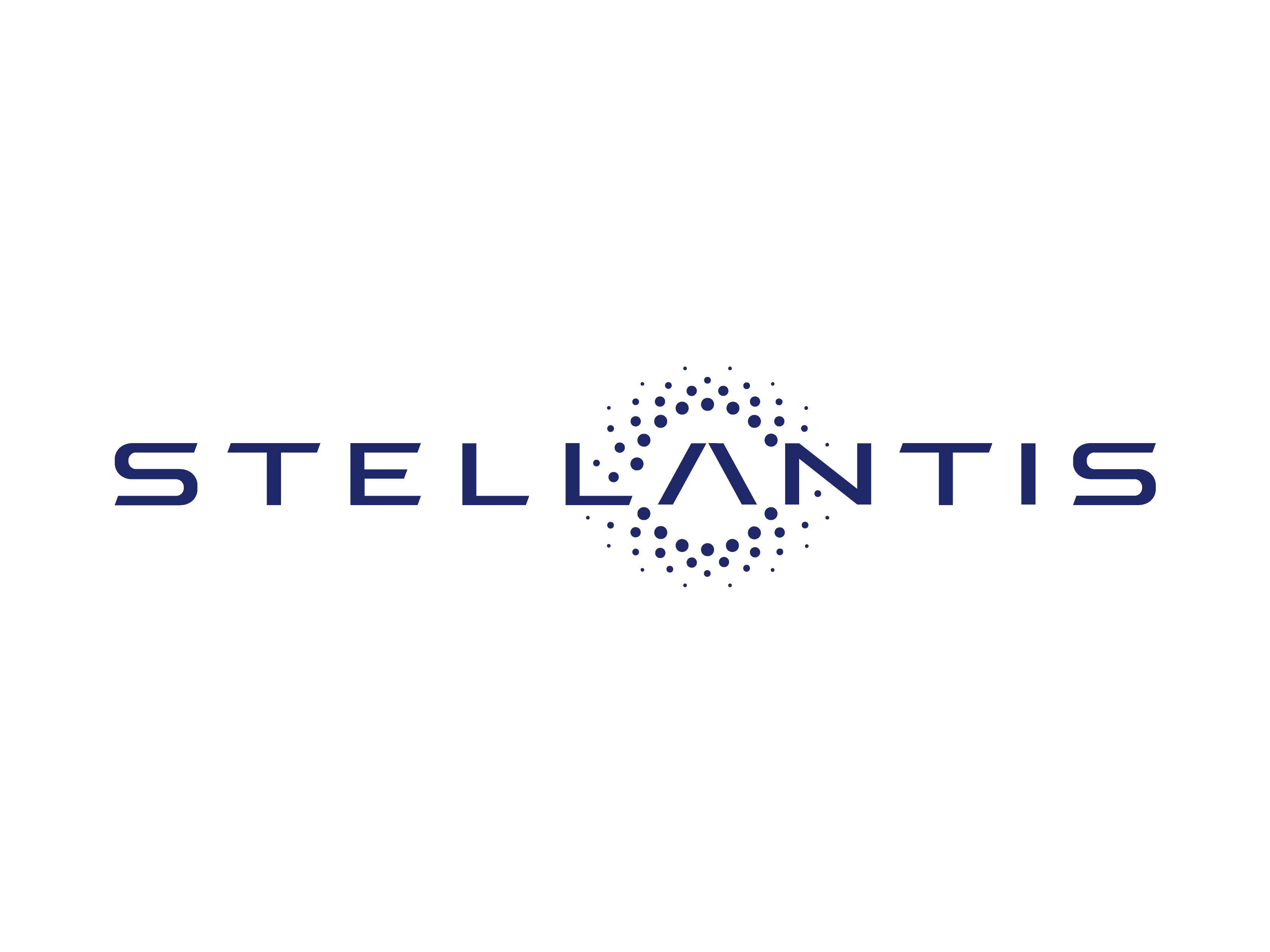
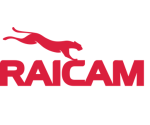
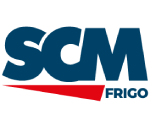





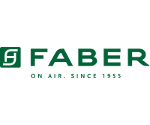





Recent Comments